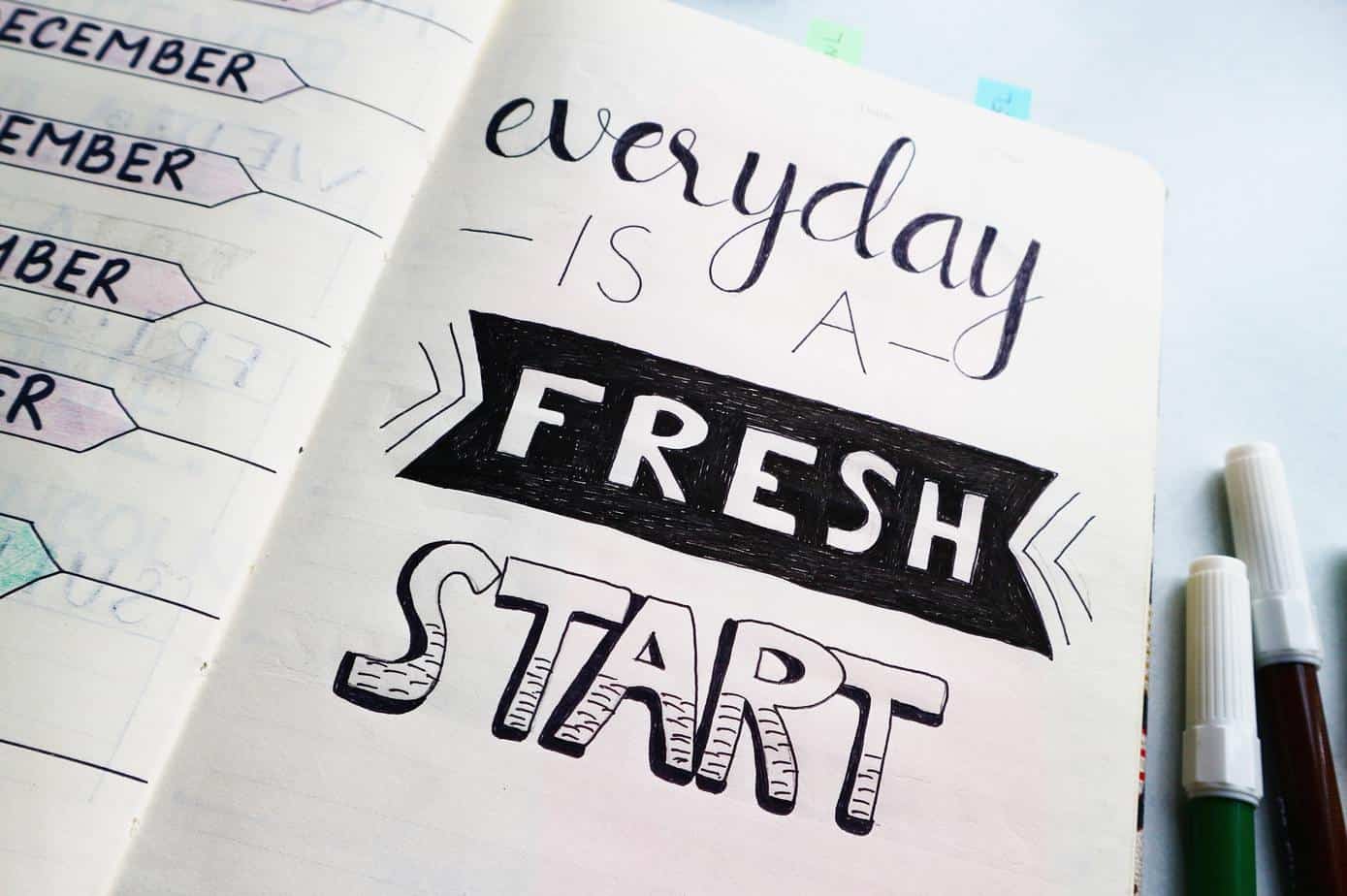How To Make More Ethical Decisions

If you are facing a choice that is difficult to make, and you ponder over what to do, this is the basis of ethical decision making. Ethical decision making is the process of assessing alternatives and selecting one in a manner that is consistent with ethical principles. To get to your final decision, you need to look at unethical options and rule them out until you find the right alternative.
Ethical Decision Making At Work
At work, there are several different scenarios whereby you may be faced with a conflict where you could be tempted to put your own interests ahead of the customers’. To come to the right solution, there are a number of different questions you need to ask yourself, including:
- Which option is going to result in the least harm and the most good?
- Which option will result in you being the kind of person you want to be; a virtuous person?
- Which option is going to serve the community the best as a whole?
- Which option will best treat people fairly or equally?
- Which option will best respect the rights of everyone who is going to be affected?
These are the sort of questions that you need to ask yourself in order to make the most ethical decision.
The Three Cs
To give further quality, we can look at the three Cs that are required to be an ethical decision-maker: competency, consciousness, and commitment. Whether you are in the process of Harvard admission interviews or managing a huge company, these three qualities will stand you well.
- Commitment – This is the desire to do the right thing, no matter the cost.
- Consciousness – This is the awareness to act in a consistent way, applying moral convictions to your behaviour on a daily basis.
- Competency – This is the ability to gather and assess information, create alternatives, and foresee any risks and potential consequences.
The Benefits of Adopting An Ethical Approach
Now that you know the basis of ethical decision-making, it is important to look at the benefits of adopting this approach in your working life. What are the benefits of ethical decisions?
- Improve your reputation – If you make ethical decisions, it is going to help to enhance your positive image in the marketplace. This can result in new opportunities being brought in through word-of-mouth referrals. On the other hand, you will hurt your chance of progressing in the workplace if you have a reputation for making unethical decisions.
- Build customer loyalty – If a customer believes that you are mistreating them, then they are not going to make another purchase from you. You will be able to build loyal relationships with people through ethical decision making.
- Have peace of mind – Even if things don’t go the way you had hoped, you can feel safe in the knowledge that you did what was right.
- Positive work environment – Making ethical decisions can also result in a better work environment. This is because when you make ethical decisions, you are a team player, and this helps to create a much better environment. It means that there are great relationships between you and all of the other employees, which can only benefit you whenever you need a favour, for instance.
- Open the door to more opportunities – Last but not least, another benefit associated with being an ethical decision-maker is that more career opportunities will come your way and you will be in a better position to make the right decisions about them.
So there you have it: everything you need to know about becoming an ethical decision-maker. We hope that you now have a better understanding of why ethical decision making is essential, as well as the different approaches you can use to make sure you come to the most ethical decision. This is something that will enrich all areas of your life.






